Music Program Entrance Requirements
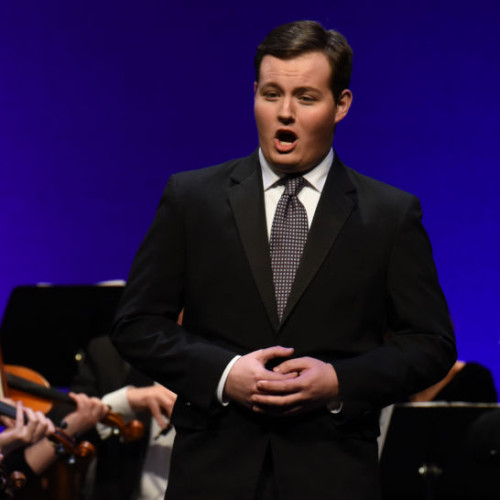
Audition
In addition for applying for admission to Huntington University, a prospective music major must also audition for the music program. It is strongly recommended that musicians plan to visit and audition in person on one of our regularly scheduled Performing Arts Visit Days. To view the audition requirements, click here.
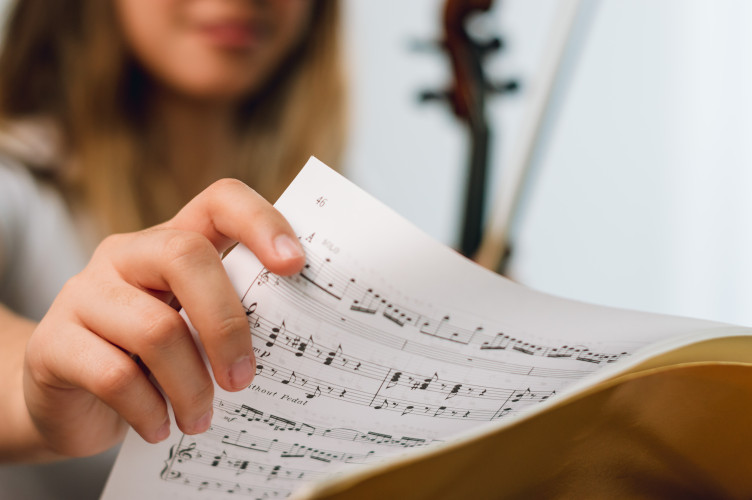
Minimum Music Theory Skills
Students will be tested on their ability to fluently recognize and write:
- Note names in treble and bass clefs
- Enharmonic note names
- Simple and compound rhythms and meters
- Key signatures/circle of fifths: major and minor
- Scales: major and relative minor, chromatic
- Familiarity with intervals and intervallic relationships
- Chords: major and minor
- Triads and inversions
All incoming students will be required to complete the Theory I test on the first day of class. Prior to their entrance to HU, it is advised that students work on their theory skills on their own in preparation for the test. Students with less than satisfactory scores will work on remedial skills during their freshman year and begin Theory I their sophomore year. For recommendations on where to find study materials, contact the Performing Arts Department.
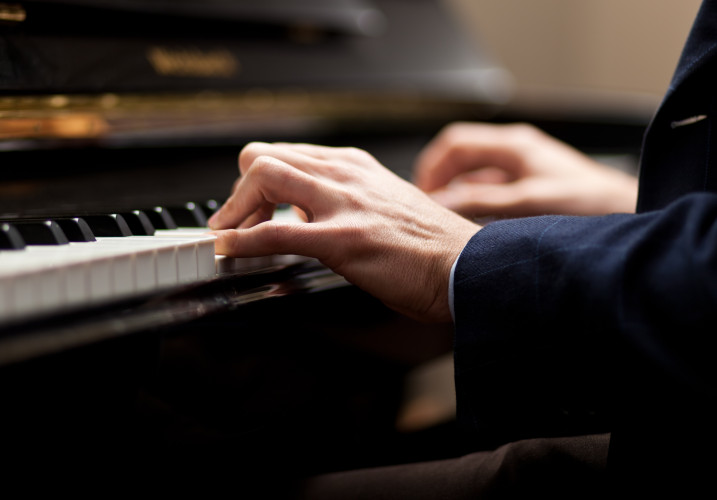
Minimum Piano Skills
Non-keyboard majors will be evaluated on their:
- Ability to coordinate hands together in playing major triads and 5-note scales
- Fluency of note recognition in treble and bass clef
- Ability to sight-read a simple melodic line in bass and/or treble clef
All Bachelor of Music students (majoring in Performance or Music Education) must pass a piano proficiency exam, typically at the end of the sophomore year. Students who complete this exam at a sufficient level, except those with advanced piano skills, will begin the Class Piano Proficiency 4-semester sequence. Students with no or minimal piano skills will take beginning class piano until such time as they can enter the Class Piano Proficiency 4-semester sequence. Students with advanced piano skills should plan to demonstrate their ability with two contrasting pieces from standard repertoire (memorization optional) and may complete their proficiency exam at any time after acceptance into the program.
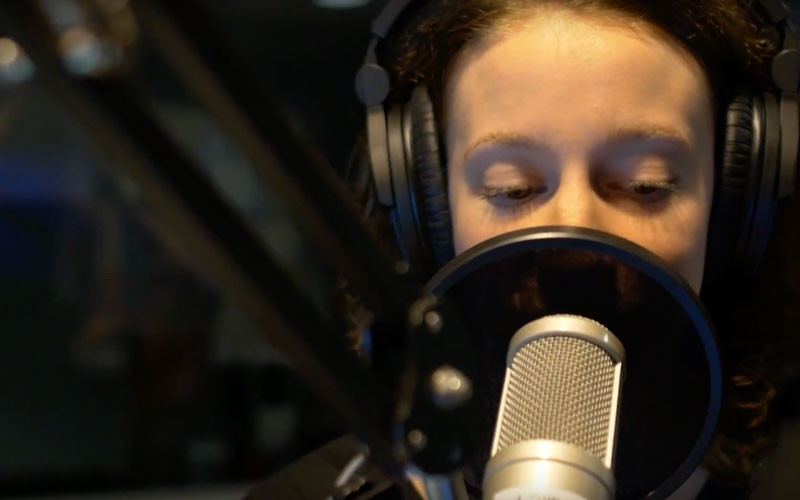
Minimum Aural Skills
Students will be evaluated on:
- Ability to match pitches quickly and accurately
- Ability to sing back short melodic/rhythmic patterns correctly
- Fluent treble/bass note recognition
- Ability to count basic rhythms aloud and correctly (rhythmic values no smaller than 16ths)
- Sight singing of a simple melody in a major key (vocal technique is not a consideration)
Students with scores that are less than satisfactory will take other music courses their freshman year and begin Theory and Aural Skills I their sophomore year. This usually means the Bachelor of Music degree (major in Performance or Music Education) will take 5 years to complete.
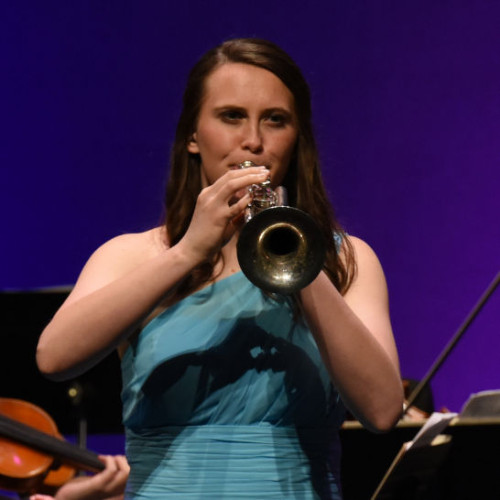
Provisional Status
The music faculty at Huntington University are interested in students’ potential for success in a music career, their love of their art, their willingness to commit themselves to diligent study, and their desire to use their gifts for the glory of God. Faculty judge all auditionees by this criteria. If, through the audition process, the faculty feel that some of a student's music skills are not yet at a sufficiently advanced level, that student may be placed on provisional status for the first year. This grants the student full privileges of a music major, but indicates additional support is needed to bring their skills up to a collegiate level (such as an online course preparing students for Music Theory I). Successful completion of assigned supporting efforts within the first year will result in this provisional status being removed.
Question on the music program entrance requirements? E-mail music@huntington.edu or call (260) 359-4262.